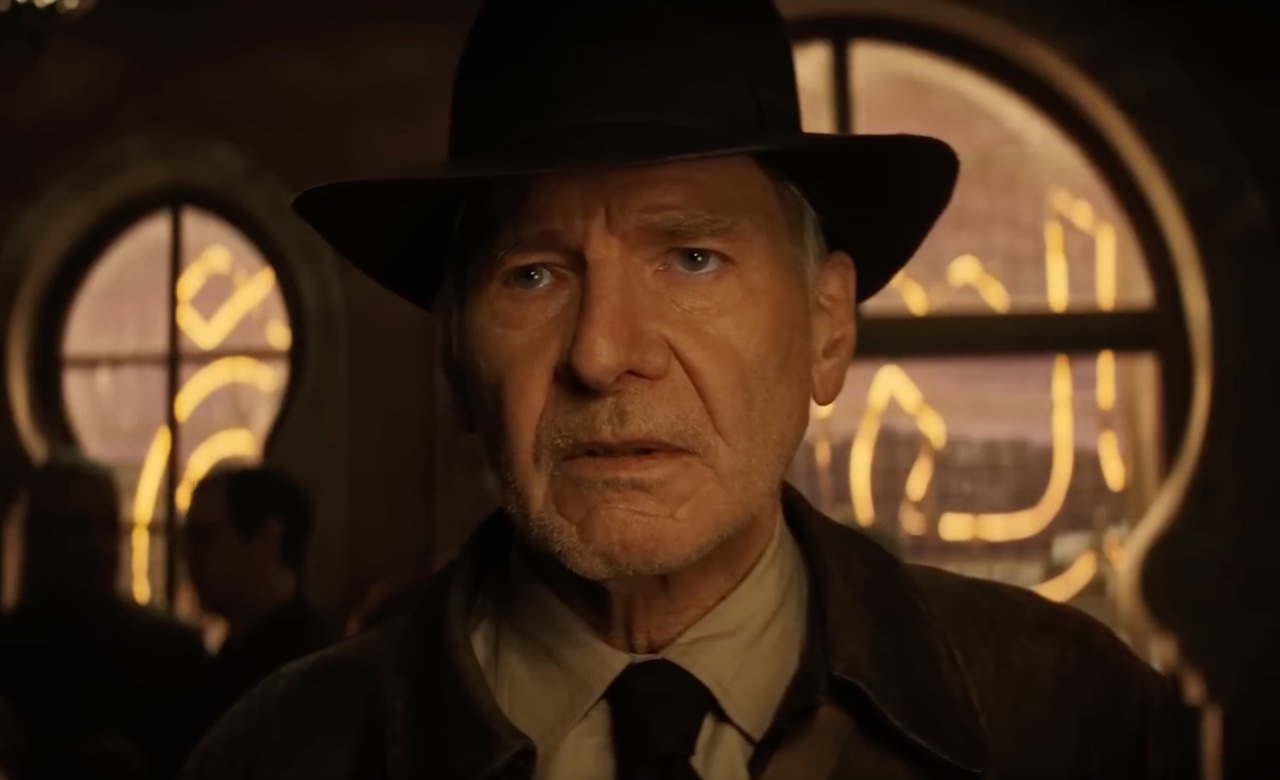Ubisoft Ditches Always-On DRM, Claims Piracy Data Is Confidential

Rock, Paper, Shotgun had an interview with Stephanie Perotti, Ubi’s worldwide director for online games, as well as corporate communications manager, Michael Burk. In the interview they covered every single topic of DRM that we've been wondering about since Ubisoft made the bogus claims that 95% of PC gamers are pirates. Well, the interview also confirms something else: Ubisoft is ditching always-on DRM for one-time activations only.
If you've followed news about DRM you would know that it never really seems to be in favor of consumers and that's because it's not in favor of consumers. The problem with DRM security measures is that stuff like Diablo III's always-on and Ubisoft's always-on forces gamers to be dependent on the company's servers in order to play the game they paid for. It transforms games from products into a service...a service that oftentimes doesn't usually benefit the consumer, as reported by IGN.
Recently Ubisoft came under fire for their Uplay DRM crashing. When that happened a lot of gamers who bought Assassin's Creed on PC couldn't access or play the game until Ubisoft restored the service. Basically, Ubisoft had gamers by the gonads or the ovaries, and everyone was forced to play the game the way Ubisoft wanted...except for pirates.
Pirates always find a way to bypass DRM security and usually have out patches to override the DRM the day the game releases or shortly thereafter. In short, the people who steal the game digitally never have to worry about server crashes or difficulties in accessing their games. The only people who are harmed by these measures to protect entertainment properties are legitimate consumers.
Well, in the interview with Rock, Paper, Shotgun the champions of the PC community didn't hold back on their questions, letting it all hang out and asking every question that non-shill gamers have been asking since Ubisoft tossed the piracy numbers up: Where did they get the piracy figures from? How were the figures calculated? And why is extreme forms of DRM being used when the only people it hurts are legit consumers?
Well, to the first one, Ubisoft's Michael Burk stated that...
“...we’ve seen internal and external data to show that it can reach that high. But that doesn’t necessarily mean that it is that high for all PC games, or that it is that high for all companies, or across all regions. I think that’s one reason why companies are not necessarily broadly publishing this [data], because we’re trying to get a handle on what it means for different games, different titles.”
When pressured to reveal how Ubisoft and other companies managed to conclude that the piracy rates are at 95% on the PC platform, Burk avoided the question, saying that the information was confidential for competitive reasons. Because obviously, it's okay to talk about how many units your game sells per console but it's not okay to say how you came up with a damning piracy figure for an entire market demographic? Bullcrap.
Your Daily Blend of Entertainment News
Rock, Paper, Shotgun didn't give up, though. They asked a few more times but Burke and Perotti wouldn't budge. For the most part, it looks like Ubisoft's claims are bogus. Because making a claim based on a figure that many are holding to a standard of “fact” means that you either provide the information of how that data was reached or you STFU.
On the upside, Ubisoft at least conceded that they won't be pursuing anymore extreme measures of DRM. The company has stated that they are now done with the always-on measures, saying...
We have listened to feedback, and since June last year our policy for all of PC games is that we only require a one-time online activation when you first install the game, and from then you are free to play the game offline.
Well that didn't really help with the Uplay crashing this year, but we'll give Ubisoft the benefit of the doubt that they're still working out the kinks on their new community service, which also ties into their new digital distribution service.
Neither Burke nor Perotti admitted that the company was wrong in the way that they approached DRM, but instead felt like the company was on the right track because they listened to feedback. The real question is how well PC gamers will forgive them and pick up a Ubisoft title the legit way?
Staff Writer at CinemaBlend.

